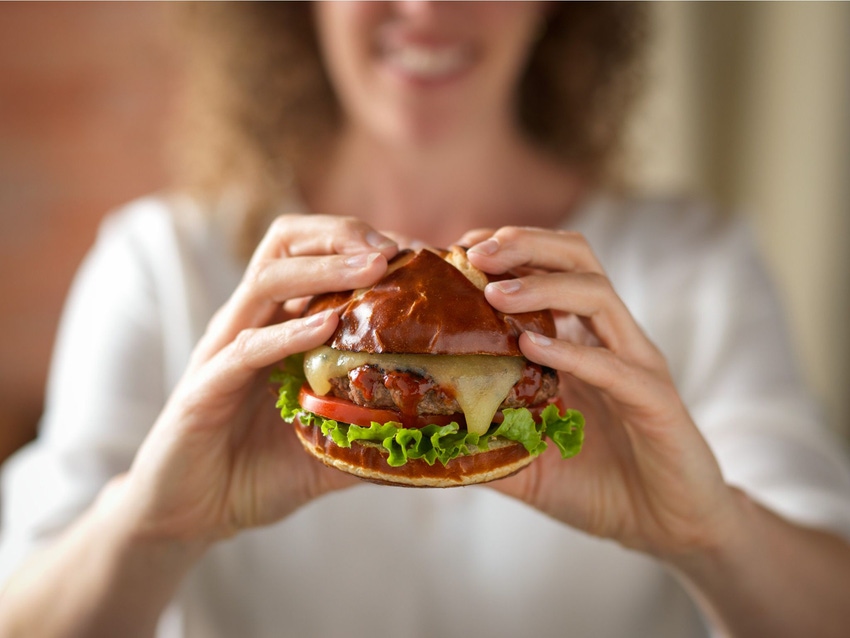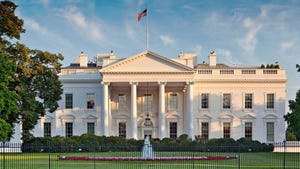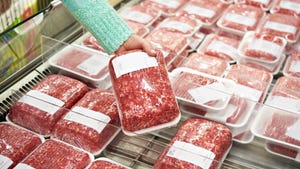Why I’ll keep eating beef over beans to benefit the planet
A new article asserts that eating beans instead of beef will save the planet. Here’s why that argument is bull and what the industry should do about it.
November 3, 2018

You may have noticed a topic theme from BEEF writers in recent weeks as we cover an ongoing consumer trend that will directly affect future beef demand domestically and abroad.
It’s the connection between beef production and climate change, and activists and well-meaning consumers are rapidly jumping on the bandwagon that beef is the number one contributor of greenhouse gas (GHG) emissions.
To catch up on previous posts on this topic, read:
4 facts on cattle & climate change that can’t be ignored
New film celebrates environmental benefits of cattle grazing
Research proves production nets positive use of natural resources
Beef sustainability: It matters to your consumers and it matters to you
The above articles have all the talking points you could ever need in debunking the misinformation presented about beef production and the environment.
I realize I may be preaching to the choir when I talk about the benefits of cattle, the efficiency of today’s beef producers and our increasing ability to put more nutrient-rich beef on the dinner table using fewer natural resources.
However, I continue to beat this drum so that we are all ready and prepared to respond to some of these negative and damaging articles about our industry.
Take, for example, an article titled, “If everyone ate beans instead of beef,” written by James Hamblin and published in the Atlantic.
Hamblin asserts that even if we didn’t change our rates of transportation or energy use, if we solely swapped out beef for beans while continuing to eat pork, chicken and eggs, that we would create a significant reduction in GHG emissions.
Hamblin writes, “Recently, Helen Harwatt [environmental nutrition researcher] and a team of scientists from Oregon State University, Bard College, and Loma Linda University, calculated just what would happen if every American made one dietary change: substituting beans for beef. They found that if everyone were willing and able to do that—hypothetically—the U.S. could still come close to meeting its 2020 greenhouse gas emission goals pledged by President Barack Obama in 2009.
“That is, even if nothing about our energy infrastructure or transportation system changed—and even if people kept eating chicken and pork and eggs and cheese—this one dietary change could achieve somewhere between 46% and 74% of the reductions needed to meet the target.”
Hamblin goes on to explain an emerging condition many consumers are feeling called “ecoanxiety,” which is described by the American Psychological Association as a feeling of dread and helplessness that comes with “watching the slow and seemingly irrevocable impacts of climate change unfold, and worrying about the future for oneself, children and later generations.”
This ecoanxiety is causing people to make huge dietary shifts as a personal attempt to save the planet. Ignoring the methane that would be produced by people if we consumed buckets of beans each day, the science just doesn’t hold up.
If everyone reduced their beef consumption to zero, per GHG expert Frank Mitloehner, it would only drop GHG emissions by a fraction of one percent!
Mitloehner says, “Smarter animal farming, not less farming, will equal less heat. Producing less meat and milk will only mean more hunger in poor countries.”
READ: Don’t blame cows for climate change
Obviously, we need strong voices on this topic. I urge you to reference some of the blog posts linked above on this topic and use the facts listed to respond to this article and others like it.
As an old beef checkoff bumper sticker read, “A day without beef makes one weak,” and a world where we all eat beans instead of beef sounds like a gassy and unappetizing way to live that would do nothing to curb climate change and reduce GHG emissions.
The opinions of Amanda Radke are not necessarily those of beefmagazine.com or Farm Progress.
About the Author(s)
You May Also Like



.png?width=300&auto=webp&quality=80&disable=upscale)

